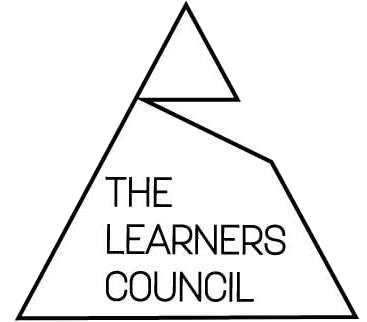7 Essential Study Tips Every "A" Student Knows
Whether you are studying for the O-Levels or the A-Levels, here are 7 essential tips to know if you want to get closer to that "A"!
1. Set Study Goals
Research has shown that goal setting can be used to help people successfully affect positive changes in their lives, so never underestimate the power of setting goals towards what you want to achieve. When it comes to setting goals, follow the S.M.A.R.T. steps!
S- Specific Goals: What do you want to do?
M- Measurable: How will you know when you've reached it?
A-Achievable: Is it in your power and ability to accomplish it?
R-Realistic: Can you realistically achieve it?
T-Timely: When exactly do you want to achieve it?
2. Set Study Plan
The key to breaking the cycle of cramming for tests is to think ahead and create an effective study plan. Not only will this help you get organised and make the most of your time, but it'll also put your mind at ease and eliminate that nasty feeling you get when you walk into an exam knowing that you're not at all prepared. As the old saying goes, fail to prepare and be prepared to fail.
3. Practice a lot!
It is important to practice lots of past year's exam papers! Especially when closer to the exams! Even when you think you are confident, continue to do more practice!
4. Drink 8 glasses of water every day
Your brain does not function well when you are dehydrated. Ensure you are well hydrated at all time so that your mind can work properly and absorb knowledge effectively.
5. Take Regular Study Breaks
None of us are superhuman, so it's important to realise that you can't maintain an optimum level of concentration without giving yourself some time to recover from the work you've put in. Study breaks can take the form of a ten-minute walk, a trip to the gym, having a chat with a friend or simply fixing yourself a hot drink. If it feels like procrastination, then rest assured that it's not: taking regular short breaks not only help improve your focus, they can boost your productivity too.
6. Be positive
Your attitude has a significant impact on the level of study that you get done and the effectiveness of your learning process. If you tell yourself that you can't do it and won't commit to the idea of learning, attempting to study is only likely to become more difficult. Instead, focus your mind on positive outcomes and on how you can use your own individual strengths to achieve them. When you think positively, the reward centres in your brain show greater activity, thereby making you feel less anxious and more open to new knowledge.
7. Consult teachers
Whenever you run into any doubts, the best you can do is go to the teacher of the subject and clarify your doubts. Not only is the person best suited to solve your questions, but your initiative will also be well received, and you'll show a good attitude by demonstrating that you're interested in his subject.
We hope that these tips will be useful to you! Jiayou studying! FIGHTING!

